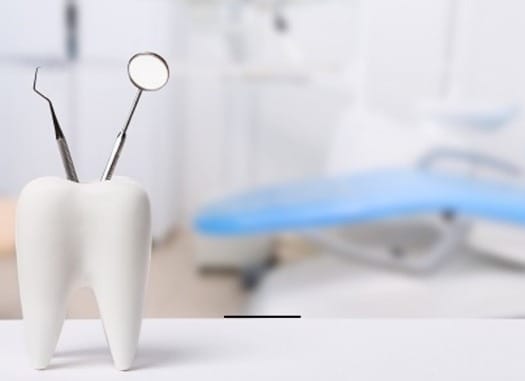Dental emergencies can catch you off guard, turning a normal day into a stressful situation. Whether it’s a sudden toothache, a chipped tooth, or swelling in your gums, these issues often need immediate attention. Ignoring them might seem convenient at the moment, but doing so can lead to far bigger problems down the line. Here’s why acting promptly is always the best choice.
What Counts as a Dental Emergency?
Not every dental issue is an emergency, but some need quick intervention to prevent further damage. Common dental emergencies include:
- Severe toothache that doesn’t ease with pain relief.
- Knocked-out teeth, which need urgent care to save them.
- Chipped or cracked teeth causing pain or sensitivity.
- Swelling or infection, such as a dental abscess.
- Excessive bleeding, particularly after injury or dental procedures.
If you’re unsure whether something is an emergency, it’s better to err on the side of caution and consult a dentist.
The Dangers of Ignoring a Dental Emergency
1. Pain That Gets Worse
Dental pain rarely improves on its own. A mild toothache might seem manageable at first, but it could signal a deeper issue like decay or an infection. Ignoring it allows the problem to worsen, often leading to more intense pain that can disrupt your daily life.
2. Risk of Infection Spreading
Infections don’t stay confined to one spot. A dental abscess, for example, can start as a small swelling but may spread to other areas of your body if left untreated. Severe cases can even result in conditions like sepsis, which can be life-threatening.
3. Losing a Tooth
Time is critical when it comes to saving a damaged or knocked-out tooth. The longer you wait, the slimmer the chances of preserving it. A lost tooth doesn’t just affect your appearance—it can impact your ability to chew and even lead to bone loss in your jaw.
4. Long-Term Bite Problems
Missing or damaged teeth can cause your bite to shift over time. This misalignment can lead to uneven wear on your teeth, jaw pain, and even headaches. Addressing the issue early can prevent these complications.
5. Costlier Treatments Later
Ignoring a minor issue today often means paying for more complex and expensive treatments later. For instance, a cavity that could have been fixed with a filling might require a root canal or extraction if left untreated. Acting quickly can save you money and stress.
What You Can Do in a Dental Emergency
If you’re faced with a dental emergency, staying calm and acting quickly is key. Here’s what to do:
- Knocked-out tooth: Gently rinse the tooth without scrubbing it, and try to place it back in the socket. If that’s not possible, keep it in milk or saliva and get to a dentist immediately.
- Chipped or broken tooth: Rinse your mouth with warm water and apply a cold compress to reduce swelling.
- Severe toothache: Rinse with salt water to clean the area and take over-the-counter pain relief. Avoid placing aspirin directly on the gums as this can cause irritation.
- Dental abscess: Rinse with warm salt water and apply a cold compress to the outside of your face. Avoid lying flat, as this can worsen swelling.
- Bleeding gums or mouth: Apply gentle pressure with a clean cloth or gauze to stop the bleeding.
Always contact a dentist as soon as possible for professional advice and treatment.
Preventing Dental Emergencies
While not all emergencies are avoidable, taking care of your oral health can reduce the risk significantly. Here are a few simple steps:
- Stick to a good oral hygiene routine: Brush twice daily, floss, and use mouthwash to keep your teeth and gums healthy.
- Visit your dentist regularly: Routine check-ups can catch potential issues early before they escalate.
- Wear protective gear: If you play sports, use a mouthguard to protect your teeth from injury.
- Avoid bad habits: Chewing ice, biting your nails, or using your teeth to open packages can weaken or damage them.
- Address minor issues promptly: Don’t ignore small signs of trouble, like sensitivity or minor pain, as they can develop into emergencies.
Take Action When It Matters
When it comes to dental emergencies, time is your best ally. Acting promptly not only saves you from pain but also protects your oral health in the long term. If you’re in North London and need urgent care, an Emergency Dentist in North London like The Finchley Dentist is here to help. Don’t wait—reach out and ensure your smile stays healthy and bright.





Comments